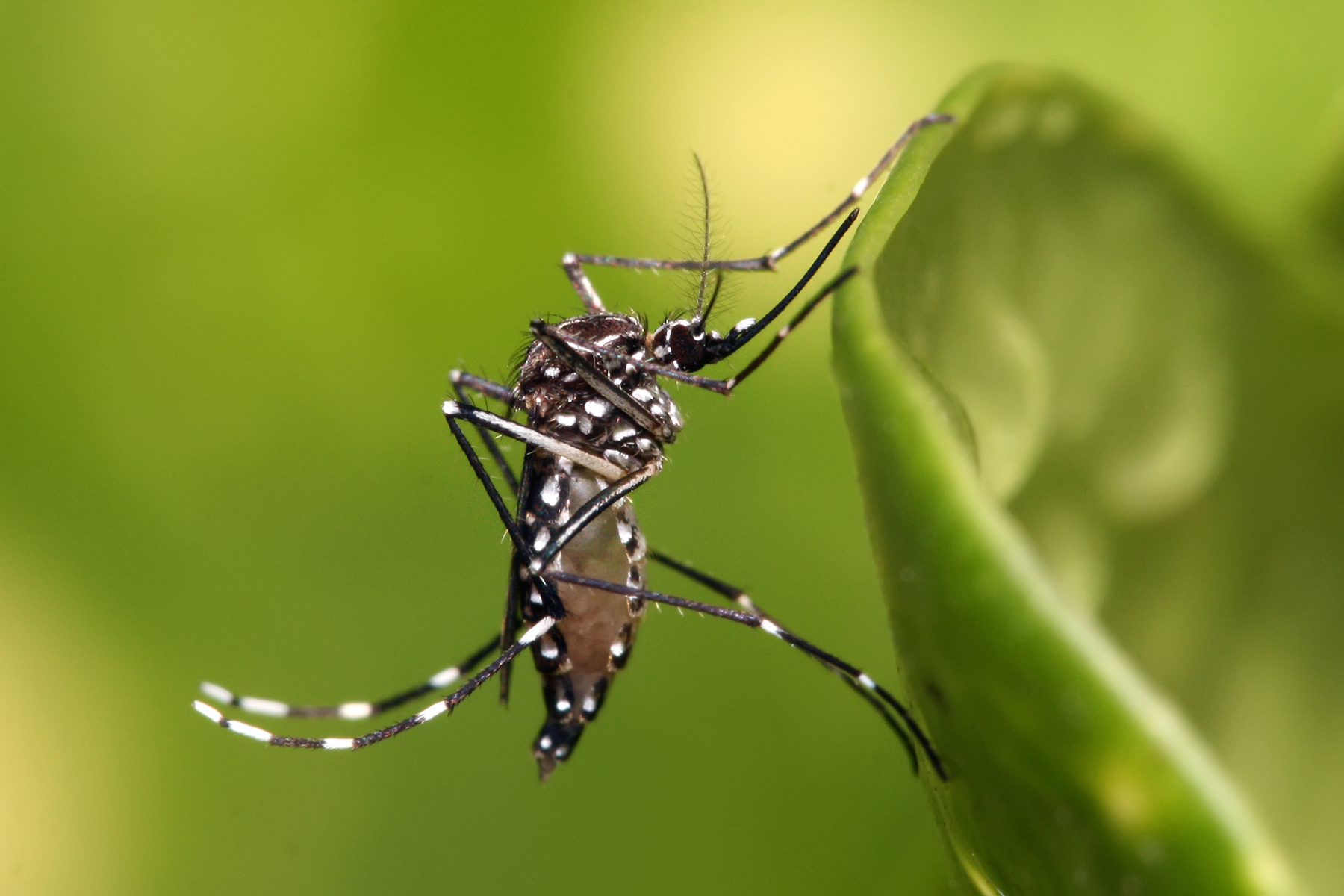Beyond the Itch: Unmasking Mosquitos and Protecting Yourself

By Derrick R. Stallings – HuntingOfficer.com
Boy, oh boy, do we have a buzzing topic on our hands today! Mosquitos – those tiny, annoying vampires of summer nights – are back, and they’re ready to make our lives a little itchier. But fear not, fellow humans, because we’re about to arm ourselves with some serious knowledge to combat these bloodthirsty fiends. Let’s dive into the fascinating, albeit frustrating, world of mosquitos!
First, let’s talk about the mosquito’s life cycle, because understanding your enemy is half the battle, right? It all starts with an egg, usually laid in water – and we’re talking about anything from a fancy bird bath to a forgotten bottle cap filled with rainwater. These tiny eggs hatch into larvae, often called “wrigglers,” which live in the water, feeding on microorganisms. After a few days to a couple of weeks, depending on the temperature and species, the larvae transform into pupae, or “tumblers.” These pupae are non-feeding but are still aquatic. Finally, after a few more days, the adult mosquito emerges from the pupal case, ready to take flight. And guess what? Only the female mosquitos bite, as they need a blood meal to produce eggs. Talk about dedication to motherhood!
Now, onto the not-so-funny part: the diseases mosquitos carry. These little buzzers are more than just an itchy nuisance; they’re vectors for some seriously nasty pathogens. We’re talking about West Nile virus, which can cause fever, headaches, body aches, and in severe cases, neurological damage. Then there’s Zika virus, notorious for causing birth defects like microcephaly if a pregnant woman is infected. Dengue fever, often called “breakbone fever” due to the severe muscle and joint pain it causes, is another major concern in many parts of the world. And let’s not forget chikungunya, which brings on debilitating joint pain and fever, sometimes lasting for months. In some tropical and subtropical regions, malaria, caused by a parasite transmitted by Anopheles mosquitos, remains a significant global health threat, leading to fever, chills, and flu-like illness that can be fatal if untreated. So, next time you hear that familiar high-pitched whine, remember it’s not just an invitation to scratch; it could be an invitation to something far more serious.
So, what can we do to prevent these airborne assailants from turning us into their personal buffet? Plenty! First and foremost, eliminate standing water. Remember those eggs? They need water! So, regularly empty and clean bird baths, pet water bowls, and planters. Clean out your gutters, make sure your downspouts are draining properly, and if you have any old tires or buckets lying around, either toss them or drill drainage holes. For any water that can’t be eliminated, like rain barrels, consider using a mosquito “dunk” containing Bacillus thuringiensis israelensis (BTI), a naturally occurring bacterium that’s toxic to mosquito larvae but harmless to humans, pets, and wildlife. When you’re heading outdoors, especially during dawn and dusk when mosquitos are most active, wear long sleeves and pants. Choose light-colored clothing, as dark colors tend to attract mosquitos. And of course, there’s insect repellent. Look for products containing DEET, picaridin, oil of lemon eucalyptus (OLE), or IR3535. Always follow the product instructions carefully, and remember that natural doesn’t always mean safer or more effective. As for a good mosquito joke, why did the mosquito go to the dentist? Because it had a few loose bites! Ha! But seriously, if you’re relaxing on your porch, consider using fans; mosquitos are weak fliers and struggle in strong breezes. Mosquito nets are also a great option, especially for sleeping in unscreened areas.
Despite our best efforts, sometimes those little rascals still manage to get us. So, what are the best treatments for those inevitable, itchy mosquito bites? The first line of defense is usually an anti-itch cream containing hydrocortisone or calamine lotion. Oral antihistamines, like diphenhydramine (Benadryl) or loratadine (Claritin), can also help reduce itching and swelling, especially if you have a more severe reaction. For a quick fix, applying a cold compress or an ice pack to the bite can help numb the area and reduce inflammation. Some people find relief with natural remedies like a paste made from baking soda and water, or a dab of aloe vera. Whatever you do, try your absolute best not to scratch! Scratching can break the skin, leading to infection, and trust me, an infected mosquito bite is way worse than a regular one. If you notice any signs of infection, like increased redness, warmth, pus, or fever, it’s time to call your doctor. By taking these proactive steps and knowing how to treat bites, we can hopefully enjoy our summer without letting mosquitos completely ruin our outdoor fun. Stay safe and itch-free out there!
*AI was used to help research the subject matter of this post.
Discover more from HuntingOfficer
Subscribe to get the latest posts sent to your email.
